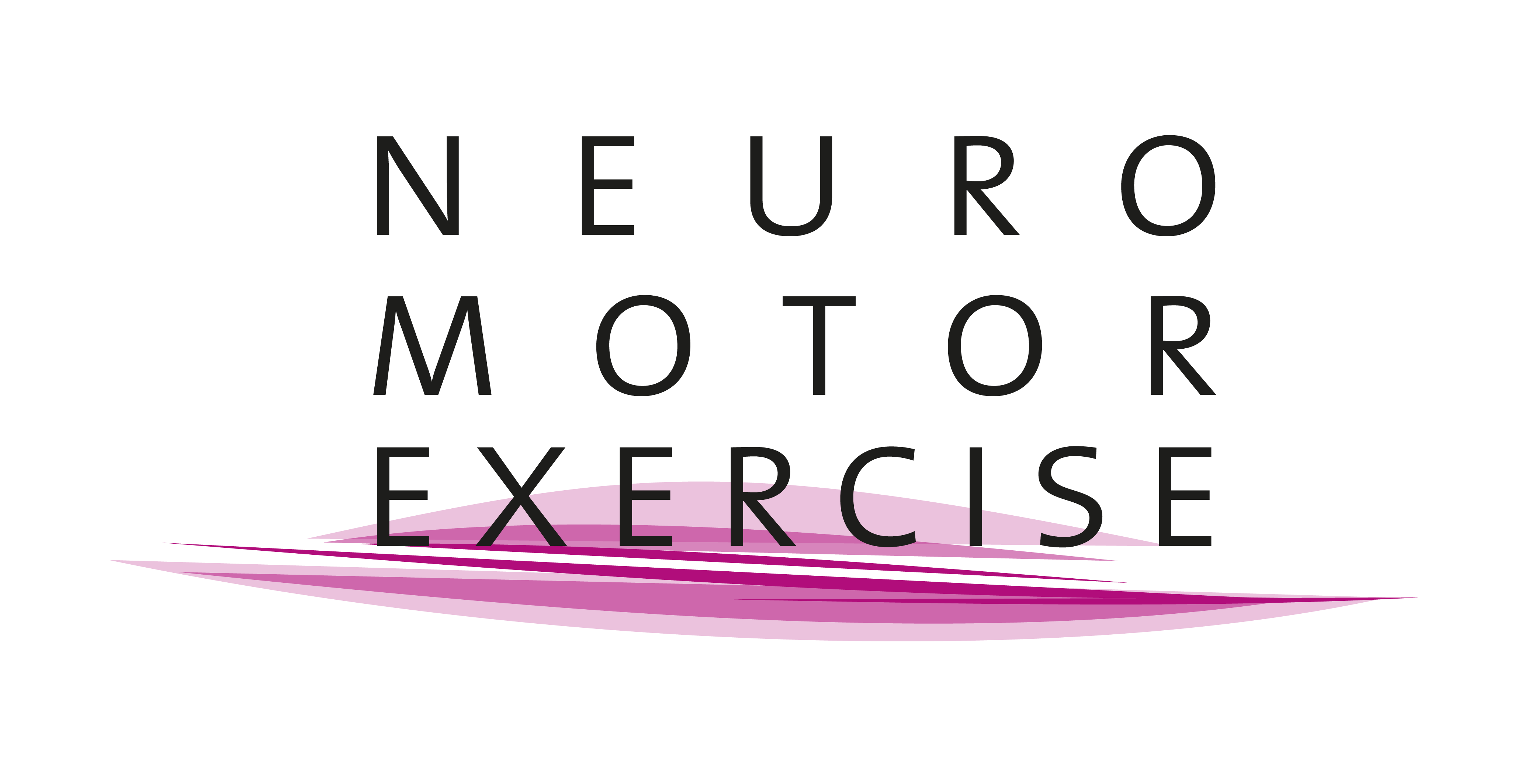International Conference on Body Sensor Networks

The following text is a field experience report by Lorenzo Centamore, research assistant in our “Parkinson's Vibrating Socks” project.
"Two weeks ago, I had the privilege to attend and present my research at the 23rd IEEE-EMBS International Conference on Body Sensor Networks (IEEE BSN 2025), held at the UCLA Luskin Center in Los Angeles. This event stands as the leading forum for advancements in digital health, focusing this year on the theme: “Computational Medicine: Expanding Health through Sensing and AI.” The conference brought together experts across academia, healthcare, and industry to showcase the latest innovations in wearable sensors, medical devices, and AI-powered analytics for digital health. Topics included novel sensors, advanced machine learning for biomedical signals, and agentic AI for real-world healthcare solutions. The atmosphere was very collaborative, with meaningful discussions on deploying AI models for robust, real-time analysis of wearable sensor data.
During the conference, I had the opportunity to present my current study, developed together with Juan Delgado Terán: “Differentiating Freezing of Gait and Normal Walking using Postural Features in Parkinson’s Disease.” In this study, conducted as part of the Interreg Parkinson Vibrating Socks and Intense projects, we analyzed neck and trunk postural features captured via wearable motion sensors in Parkinson’s disease patients experiencing daily Freezing of Gait (FOG). Using Support Vector Machine models, we achieved high accuracy in distinguishing FOG from normal walking, proving the potential of using postural features for real-time detection of FOG. This work, performed at the University of Twente, is still ongoing and will expand with additional datasets and advanced algorithms in the near future.
A special highlight was the tutorial organized by Google, “Beyond Task-Specific Models: How Foundation Models Can Transform Wearable Sensor Research.” The session introduced the Google LSM-2 foundation model, which achieves state-of-the-art performance across a range of health-related tasks and emphasizes robustness to noise and missingness. The workshop featured hands-on activities on real-world deployment, incentives for data sharing, and discussions on validation standards for foundation models in health applications.
Special thanks to my supervisors, Ciska Heida and Richard van Wezel, for their guidance and support, and for enabling my participation in this engaging conference."


